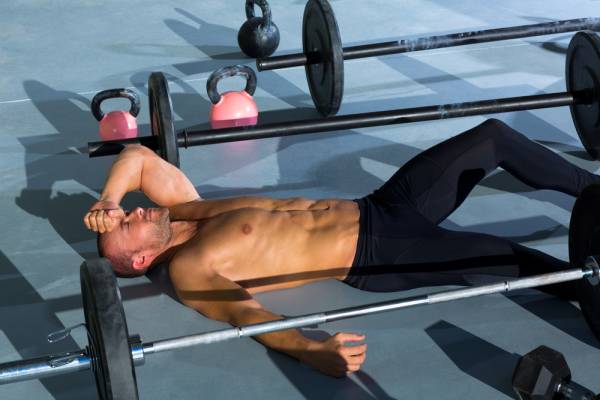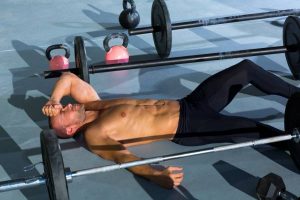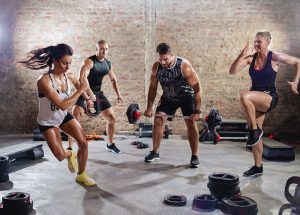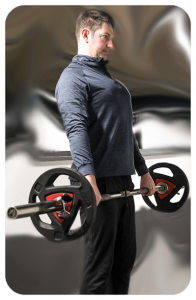
Is weight loss simply a case of calories in versus calories out?
Is weight loss simply a case of calories in versus calories out? Richard Kelly 27th July 2020 According to the

We are creatures of adaptation. It doesn’t take us long to adapt to the stress of extra workload or increased output. We can therefore hang out in fatigue for a long time. And although there is diminished output in that state we are still able to create output.
Over time however this begins to catch up on us. Sore muscles that take longer and longer to recover, sore joints and tendons, an inability to sleep, an inability to lose weight, or an increased susceptibility to injury; all of these are signs of fatigue.
Fatigue kills your gains. This is a problem newbies often encounter early, and something the more experienced often struggle with. More is not more, the most vital and under discussed aspect of exercise is recovery.
So how can you avoid fatigue? Well, recent research https://breakingmuscle.com/fitness/why-70-can-make-you-stronger-faster-and-healthier has determined that roughly seventy percent of your maximum is ideal to make progress. This means you don’t have push too hard to see progress. You shouldn’t even really feel sore.
Most people find this very difficult to get their head around. The fitness industry has for a long time encouraged people to push to their limit, ‘feel the burn’ and get sore. The reality is that this is not optimal for progress. Working too hard requires the body to go into a recovery state. The harder the workout the longer recovery state is needed. By the time you have gone through that recovery state you are more likely to have missed the adaptation window, where the body actually improved from the training you did. All you have done is repaired your body to go again.
At seventy percent we have worked the body and created a stimulus for adaptation, which is what we want in order to make progress. It also allows us to take full benefit of the adaptation window post training, giving us the most gains.
There are benefits to working into fatigue when you are experienced, but for most people avoiding fatigue, minimising soreness and focusing on consistency is a far better long term goal. This, of course, doesn’t mean you shouldn’t push yourself forward when you feel ready to, but it should be keeping in mind that soreness should be a warning, not something to seek. In the long term you’ll make more progress this way, and suffer less in exercise!
For any queries in to how best you should workout and get the best results, please email enquiries@rkfitness.co.uk

Is weight loss simply a case of calories in versus calories out? Richard Kelly 27th July 2020 According to the

5 Fitness Myths which are well overdue for pasture Richard Kelly 22nd July 2020 Health and fitness is one of

The one thing you should do after lockdown Richard Kelly 14th July 2020 Admit it, the lockdown didn’t go the

A Carb is a Carb, just like a car is car, right? Richard Kelly 10th August 2020 There are a

Preview: Self Sabotage Richard Kelly 3rd August 2020 The following is a preview of today’s emailed blog being sent out
You’ll receive all the latest news, posts and information regarding health and fitness.